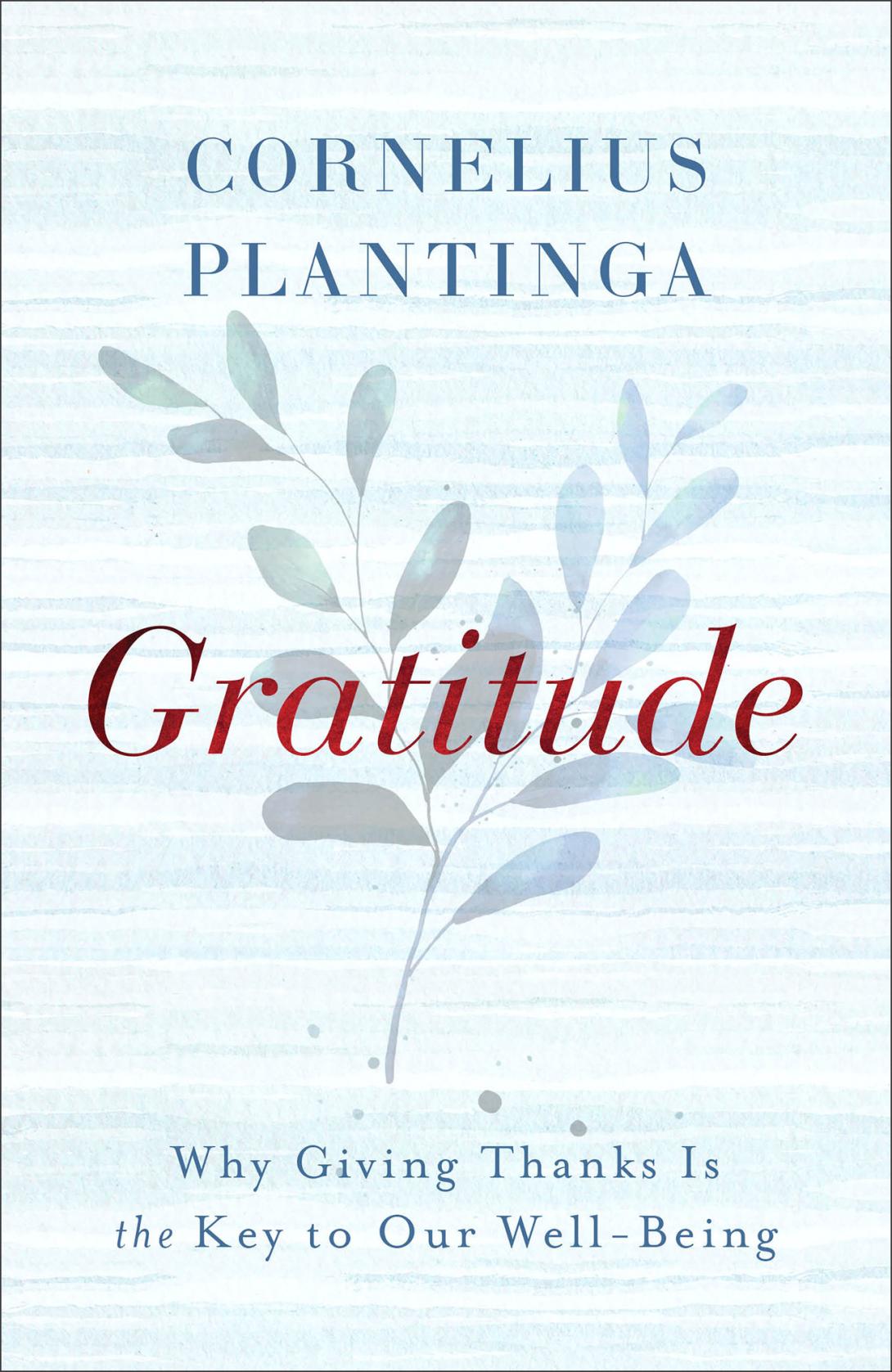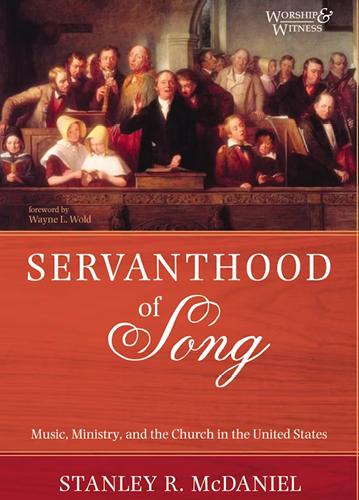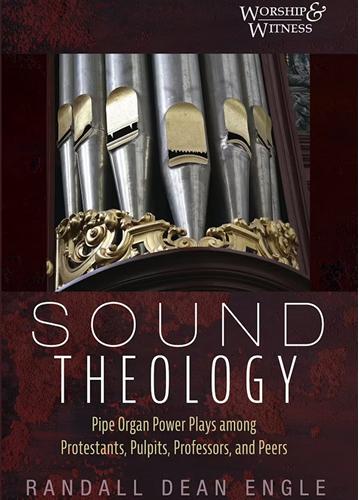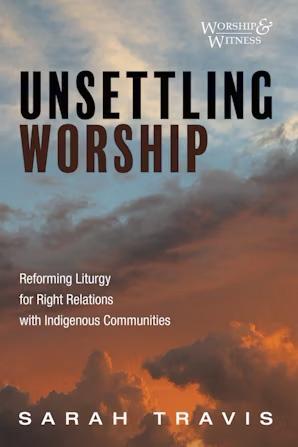Book Details
When congregations go through difficult times, worship will both reflect and influence those difficulties. The practice of worship itself can be a key part of the congregation's healing process. Teacher and consultant Kathleen Smith successfully demonstrates this truth in Stilling the Storm, a book for anyone seeking a deeper understanding of the ways that worship intertwines with the life and health of a congregation.
There are three main types of difficulty congregations can face: times of crisis, transition, and conflict. Smith considers their differences, similarities, and implications for worship, and explains the congregational dynamics that accompany such times and the roles that leaders play. She reviews basic principles of worship and the ways that unique moments and regular habits of worship shape the congregation. For each type of difficulty she suggests important themes for congregations and their worship planners.
Smith explores the wide range of liturgical resources available for congregations going through difficult times and how those resources can best be shaped to fit the specific situation they are experiencing. A perceptive guide to the worship we offer to God in all times and situations, Stilling the Storm is an important resource for congregations of all worship traditions.
Recent Publications
Gratitude: Why Giving Thanks Is the Key to Our Well-Being
What is gratitude? Where does it come from? Why do we need it? How does it change us?
In Gratitude, award-winning author Cornelius Plantinga explores these questions and more. Celebrating the role of gratitude in our lives, Plantinga makes the case that it is the very key to understanding our relationships with one another, the world around us, and God.
Servanthood of Song: Music, Ministry, and the Church in the United States
'Servanthood of Song' is a history of American church music from the colonial era to the present. Its focus is on the institutional and societal pressures that have shaped church song and have led us directly to where we are today.
Sound Theology
This book surveys the liturgical soundscape during and after the Reformation with regard to the use of instruments in worship in general, and the (dis)use of the pipe organ specifically.
Gratitude: Why Giving Thanks Is the Key to Our Well-Being
What is gratitude? Where does it come from? Why do we need it? How does it change us?
In Gratitude, award-winning author Cornelius Plantinga explores these questions and more. Celebrating the role of gratitude in our lives, Plantinga makes the case that it is the very key to understanding our relationships with one another, the world around us, and God.
Servanthood of Song: Music, Ministry, and the Church in the United States
'Servanthood of Song' is a history of American church music from the colonial era to the present. Its focus is on the institutional and societal pressures that have shaped church song and have led us directly to where we are today.
Sound Theology
This book surveys the liturgical soundscape during and after the Reformation with regard to the use of instruments in worship in general, and the (dis)use of the pipe organ specifically.
Unsettling Worship
Settler churches across North America have committed to the work of conciliation and reconciliation with Indigenous Peoples. Worship is a space in which these commitments are expressed and nurtured.




